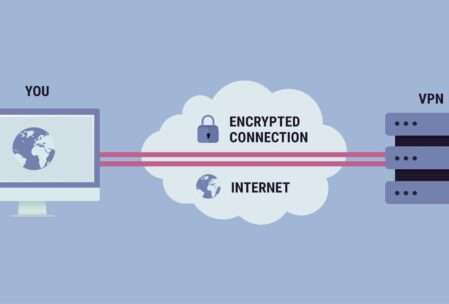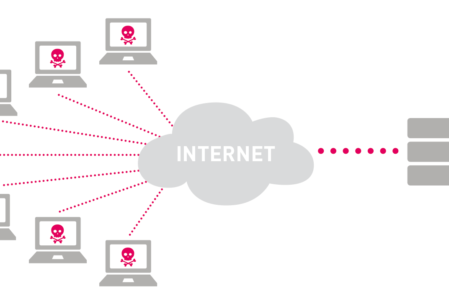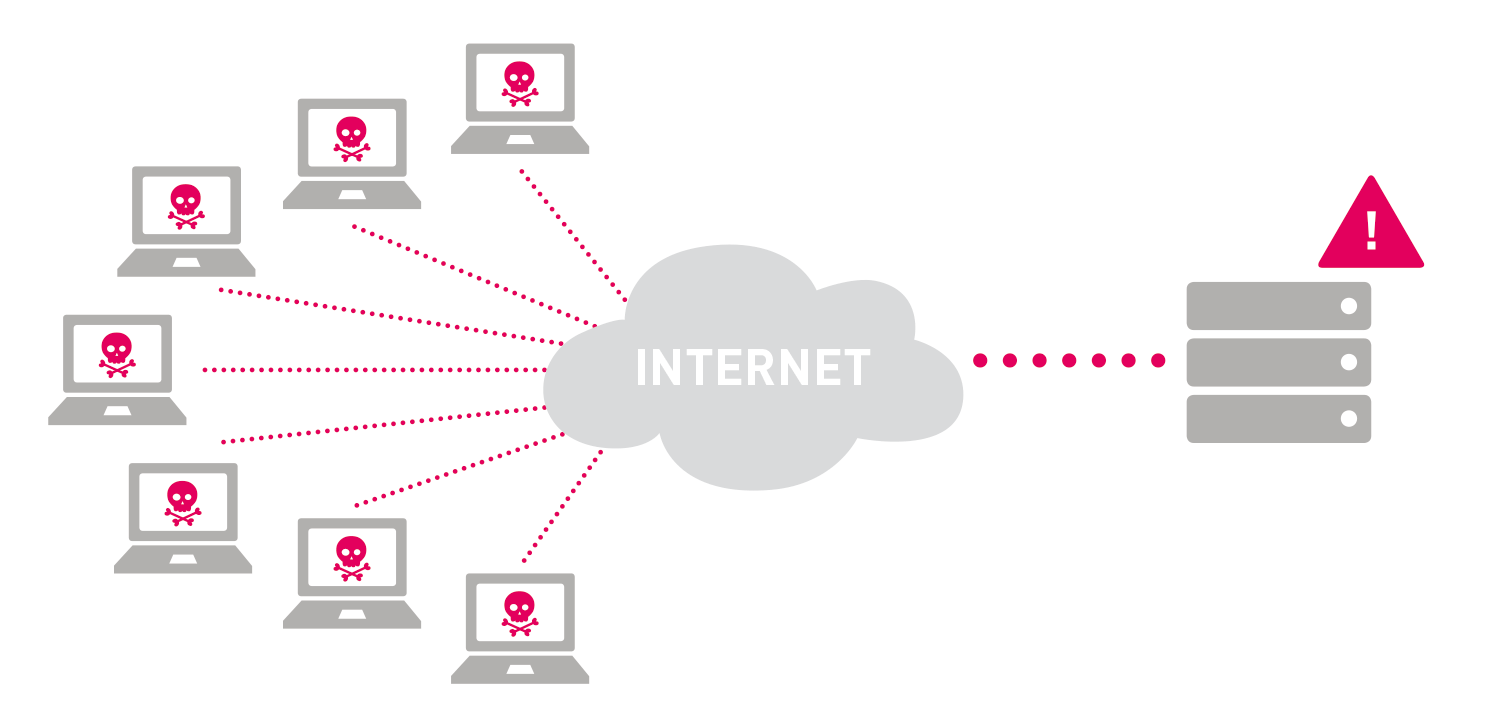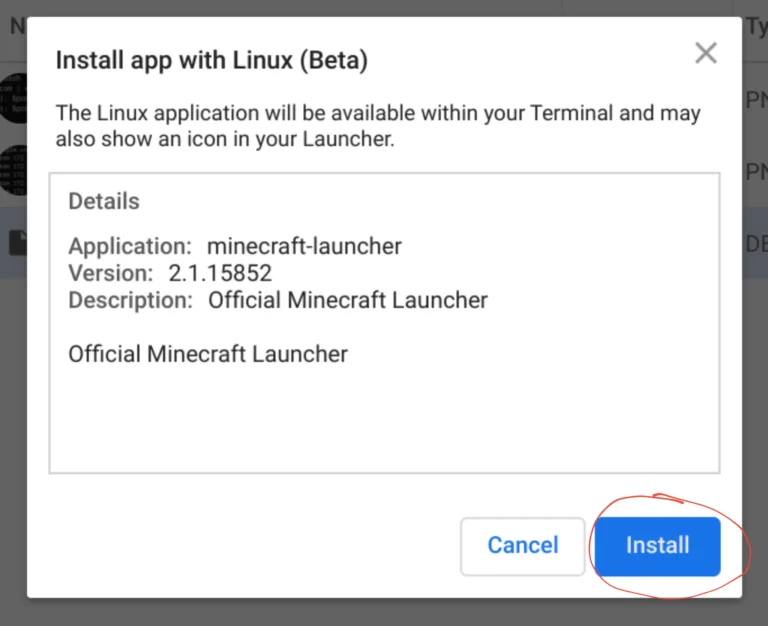The Truth About IP Addresses
So there’s a lot of misinformation about IP addresses floating around. Some people think that an IP address is like a Social Security number and that you should never give it out to anybody on the internet. They believe that anybody who has access to their IP address can DDoS you. In this article, I will explain the misinformation and the truth about IP addresses and DDoSing.
VPNs and Your IP Address
So there’s a lot of VPNs that feed off of this idea that people knowing your IP address is dangerous, and probably a lot of the misinformation is due to VPN commercials. However, VPNs have bad commercials, because the proper use for VPNs is so that people on school or university WiFi can avoid having their online activity tracked.

The only other legitimate reason to use a VPN is to go to websites and videos on YouTube that is blocked in your country. And VPNs saying they are for kids on school WiFi is not exactly going to get them the best name for themselves. So they come up with other reasons. There’s a video on YouTube by somebody named Tom Scott (definitely subscribe to him. He’s great.) about VPN commercials. I’ll put that here in case you want to watch it. (https://youtu.be/WVDQEoe6ZWY)
Instead of a VPN, consider using TOR: The Truth About the Dark Web
Onto IP Addresses
So the truth about IP addresses is, they aren’t really private. Every website you have ever visited has your IP address. Pretty much every time you access something over the internet, somebody gets your IP Address. Since this is the case, the people who create the internet knew to ensure that knowing your IP address doesn’t mean being able to access their computer.
The only thing that somebody can extrapolate from your IP address is your Internet Service Provider (which doesn’t say really anything), and about a 50-mile radius in which you could live anywhere within. This is important to know because you may want to use a VPN if you are trying to impersonate somebody else and the other person already knows your location. But for everyday activity, nobody will know your street address just by learning your IP. At best they might know what city you live in.
Where Does DDoSing Come In?
So for those who are not aware, DDoSing (Distributed Denial of Service) is an attack where a person uses tons of computers spread across the internet to spam your router with internet requests. In general, if some kid tells you they are going to DDoS you, you are probably safe, even if they know your IP address.
To DDoS somebody, you need a botnet. A botnet is a long list of compromised computers that can be used at the person who compromised the computer’s will. To DDoS somebody, you have to be either an incredible hacker (e.g., not some kid) or somebody who can pay an extraordinary hacker a lot of money to DDoS the person (e.g., Not some kid).

What to Do if You Get DDoSed?
So if somebody is going to DDoS you, there has to be something a person can swamp your router with. Some modern-day routers include ping protection. Ping is a service which is on by default on almost every device. It takes a ton of muscle to DDoS somebody by simply pinging them. Most botnets can’t even do it.
The other way of DDoSing only works if somebody is hosting a public server on their home network. This type of attack can bog down your system, which is why I recommend only hosting a website or game server if you know what you’re doing.
So say you get DDoSed? What do you do?
The answer to this is quite simple. Turn off your modem for 10 minutes, and then turn it back on and the problem will go away. Unless you have a static IP, which you probably don’t, if you have a typical residential plan with your ISP, if your router is off for 10 minutes or more, your IP will change. That’s it. I hope you enjoyed the article. It’s that simple.







First – Mista Frazier